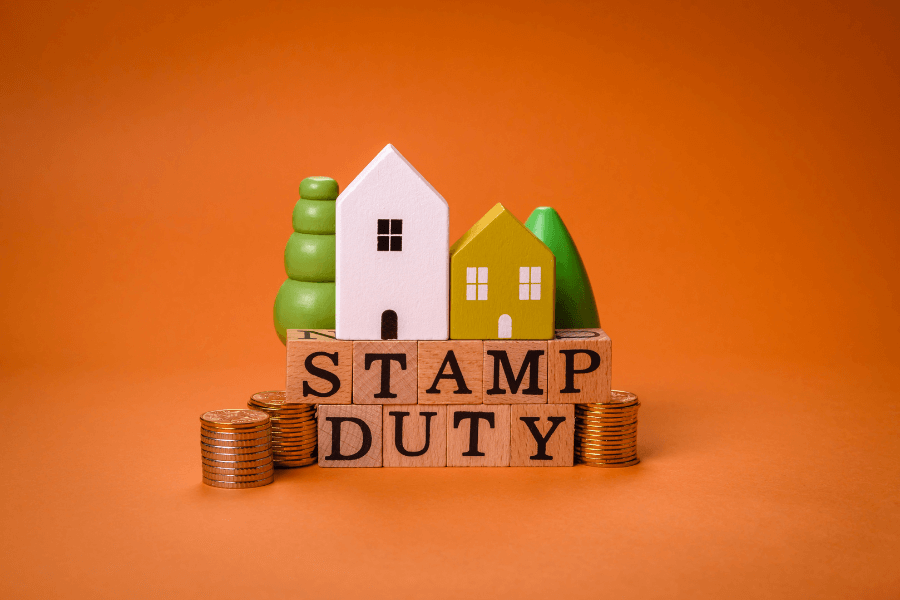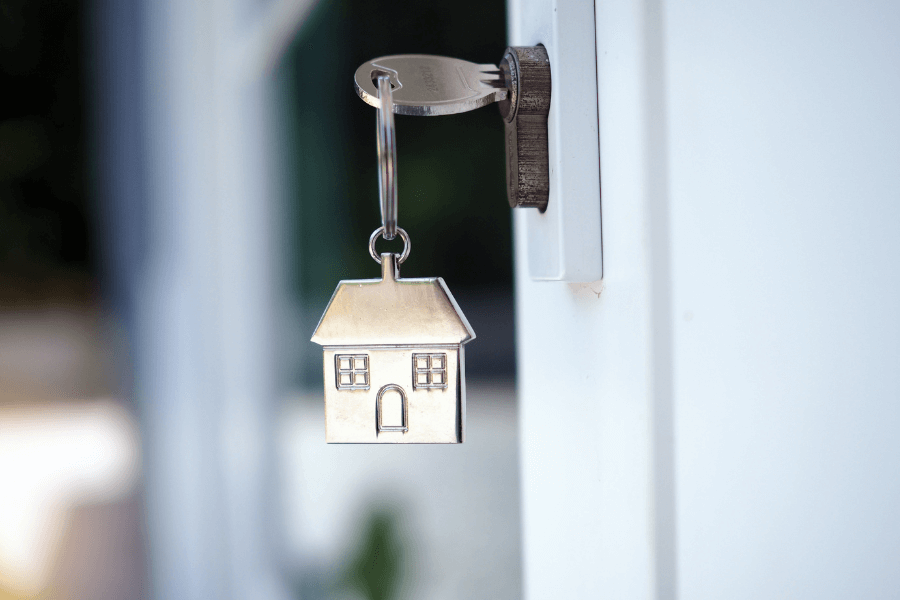Snapping up a home that’s been repossessed by the bank can feel like hunting for buried treasure. There are genuine bargains out there that may be a gem, but you need to know where to dig and how to spot the booby-traps. Below is everything you need to decide if a mortgagee sale fits your goals, how the process works, and the checks that protect you from costly surprises.
Topics in this article:
What is a bank repossessed property?
When a borrower falls seriously behind on mortgage payments and can’t agree to a repayment plan, the lender can apply to the Supreme Court for a mortgagee in possession order. Once approved, the bank takes control of the property and sells it, usually at auction, to recover the debt.
What’s the difference between repossession and foreclosure?
They mean roughly the same thing. “Foreclosure” is the American term; in Australia you’ll mostly see “mortgagee sale” or “bank repossession” on the signboard.
Is it worth buying a foreclosed property?
It can be. Repossessions often list 5–15% below comparable private sales. The trade-off is that you buy the home as-is, with no guarantee of condition and very little room for negotiation.
Related terms you might hear
- Distressed property: any home sold under financial or personal pressure (divorce, deceased estate, insolvency).
- Deceased estate: property sold by an executor after the owner’s death; not always discounted but often quicker to settle.
The pros of buying a repossessed property
- Potentially lower price: Banks want the loan repaid fast, so they’re laser-focused on recovering the debt, not squeezing every dollar from the sale price.
- Transparent paperwork: Contracts usually include recent valuations and court documentation, so you start with solid data.
- Fast settlement: Expect 30 days, not 90. Great if you’re ready to move quickly.
- Room to add value: Many repossessed homes need cosmetic or structural love. If you have trade skills, or a healthy reno budget, equity-building upside can be significant.
The cons of buying a repossessed property
- Sold “as-is”: If termites or rising damp appear after settlement, they’re yours to fix.
- Short campaign windows: Some mortgagee auctions are marketed for as little as three weeks.
- Higher due-diligence costs: You’ll pay for building, pest and strata reports yourself, because the bank won’t negotiate repairs.
- Potential occupancy issues: If a former owner or tenant refuses to leave, you may need legal help to evict.
How does buying a bank-owned property work?
The repossession timeline
- 90 + days in arrears: The lender issues default notices.
- Court order: If arrears aren’t cleared, the bank seeks possession in the Supreme Court.
- Eviction: A sheriff serves notice; the borrower must vacate.
- Valuation & marketing: Agents photograph the property and arrange advertising.
- Auction or private sale: The highest bid, or first acceptable offer, wins.
How are repossessed homes sold?
Most go under the hammer, but some list privately with ‘Mortgagee Sale’ in the ad copy. Either way, contracts have no finance or cooling-off clauses.
How long does a bank repossession take?
Anywhere from six months to a year from the first missed payment to sale day, depending on the state and whether the borrower contests the court order.
Can I negotiate on price?
At auction, the hammer price is final. For private sales, you can submit a lower offer, especially if the property has sat on the market after passing in at auction.
Financing a mortgagee sale
You can absolutely borrow to buy a repossessed property, but your loan must be unconditionally approved before auction day. Banks will rarely accept finance clauses. Cash buyers often have an edge because they remove settlement uncertainty.
How to find bank repossessed properties
- Keep your eyes peeled for keywords like “mortgagee”, “repossession” or “deceased estate”
- Follow major auction houses’ in-room calendars, as they often dedicate sessions to mortgagee stock.
- Check sheriff or trustee auction lists published by each state’s Supreme Court.
- Ask local agents known for handling distressed properties; they can flag listings before they appear online.
- When you spot a potential gem, save it to a Homely Collection so you can share the shortlist with your partner, builder or buyer’s agent and keep everyone on the same page.
Buying a repossessed property that isn’t on the market
Advanced investors comb public court filings to see which addresses have possession orders pending, then approach the lender’s asset-management team directly. It’s legal but time-intensive, so weigh the effort against potential savings.
Bank-repossessed commercial properties
The fundamentals mirror residential repossessions, but due diligence is heavier. There are GST implications, existing lease terms, environmental risks and longer vacancy periods that all come into play in this case. Commercial yields can look generous on paper, so stress-test them against worst-case vacancy and maintenance costs.
Other need-to-knows
- Research the neighbourhood: Read street-level insights on Homely’s Where To Live to check traffic, noise and community vibe before you bid.
- Title checks: Run a fresh title search on settlement day to ensure no new caveats or liens have appeared.
- Insurance: Take out cover as soon as contracts exchange; the vendor’s policy may lapse immediately.
- Stamp duty: Budget for transfer duty, as there are no special concessions for mortgagee sales.
- Final inspection: Schedule it as close to settlement as possible because the property condition can change fast in a vacant home.
What happens if the bank repossesses your house?
You’ll receive default notices, then a possession order if payments aren’t brought up to date. The sheriff gives a final eviction date, and if you leave belongings behind, stores them at your cost before they’re sold or disposed of. If you’re in arrears, speak to your lender early because hardship variations or refinancing may keep you in your home.
Key takeaways
- Mortgagee sales can offer solid discounts, but buyers shoulder most of the risk.
- Have finance approved (or cash ready), and budget for thorough inspections.
- Act fast, as marketing periods are short and competition from investors is fierce.
- Use Homely Alerts, auction calendars and local agent networks to find listings early, then organise your shortlist in Homely Collections.
Keen to start hunting for a bargain? Create a Homely Alert today, save your favourite finds into Homely Collections, and use street-level reviews to make sure a property and its neighbourhood truly fit your plans.





